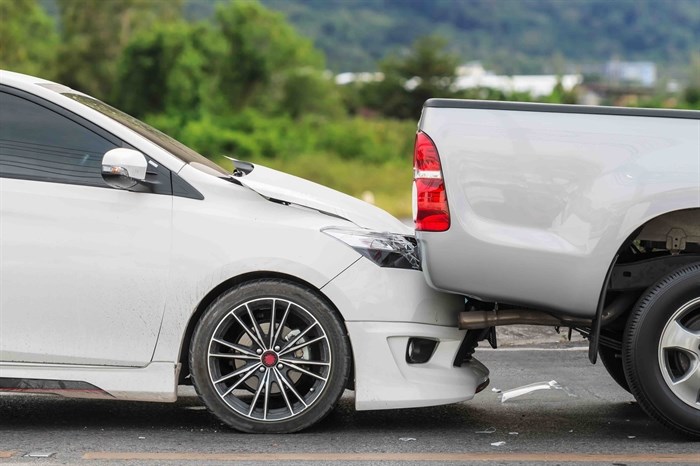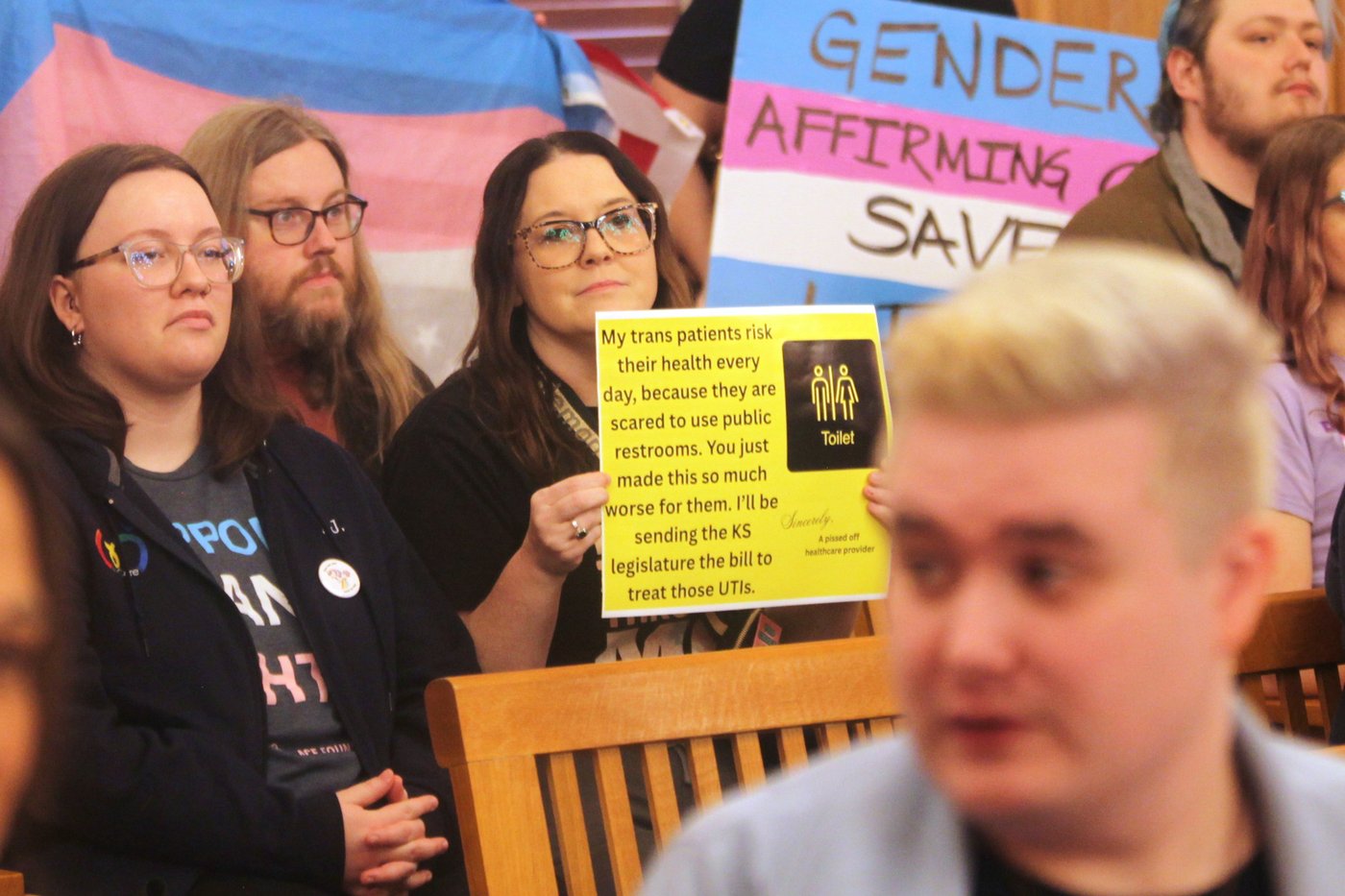Penticton man sues after ICBC calls lasting concussion a 'minor injury'
A South Okanagan man who was rear-ended four years ago has had to resort to taking legal action against ICBC after it refused to accept that the crash had caused him significant cognitive issues and he'd had to largely give up work.
According to an Aug. 28 BC Civil Resolution Tribunal decision, the crash caused Glenn Morezewich to work a fraction of what he had done after he found himself "living in a haze."
The decision said Morezewich, who works practicing Chinese medicine, could only handle two repeat clients "on a good day."
He complained the concussion he sustained during the crash meant he struggled to schedule, meet with, interview and treat patients.
However, ICBC classified his injury as "minor" subjecting him to a $5,500 cap for pain and suffering.
The "Minor Injury" legislation was brought in in 2019 and has criteria that ICBC classifies as "minor." Anyone unhappy with ICBC's decision has to then challenge it at the Civil Resolution Tribunal.
So far this year, 26 people have taken ICBC to the Tribunal with about a 60% success rate in proving their injuries aren't minor.
In Morezewich's case, he said he was left with difficulty focusing and lowered energy following the crash. He said his injury was far from minor and he'd been left with lasting cognitive difficulties.
His doctor found he had decreased memory and excessive sleep after the assault, along with irritability, mood swings, decreased tolerance of stress, vision issues, balance issues and headaches.
"He was unable to 'shift gears' between tasks, and had to take breaks throughout the day," the decision read.
The decision said three months before the crash, Morezewich was assaulted and left with a concussion and he still had not returned to work when he was rear-ended.
ICBC argued that as he was not working at the time of the crash and as he needed to be in "continuing" work, he wasn't covered.
However, the Tribunal wasn't swayed.
"He was practicing Chinese medicine less than six months before the accident, and evidence shows he returned to practicing Chinese medicine, albeit for fewer hours, as his recovery progressed," the Tribunal said. "While there may be cases in which such a lengthy period of time has passed between employment and an accident that it stretches the word 'regular' to its breaking point, that is not the case here."
Morezewich submitted several psychological reports that gave an extensive diagnosis of his cognitive issues since being rear-ended.
While Morezewich had suffered earlier concussions, one doctor said his symptoms were consistent with the accident and likely permanent.
One report stated his cognitive difficulties were consistent with his history of concussions and it would be unlikely for him to return to being fully functional.
"I find the descriptions of (Morezewich's) symptoms throughout the medical evidence are consistent with a substantial inability to perform the essential tasks of his regular employment," the Tribunal ruled.
The Tribunal also noted that neither of his doctors was concerned that he was exaggerating or misstating his symptoms.
Ultimately, the Tribunal ruled ICBC not to classify his health conditions as "minor injuries" and ordered the insurance to cover $5,000 of his $8,000 legal bill.
The decision didn't give any indication of what benefits Morezewich will get now ICBC can't call his concussion a "minor injury."
To contact a reporter for this story, email Ben Bulmer or call (250) 309-5230 or email the editor. You can also submit photos, videos or news tips to the newsroom and be entered to win a monthly prize draw.
We welcome your comments and opinions on our stories but play nice. We won't censor or delete comments unless they contain off-topic statements or links, unnecessary vulgarity, false facts, spam or obviously fake profiles. If you have any concerns about what you see in comments, email the editor in the link above. SUBSCRIBE to our awesome newsletter here.




